(Denver, Colorado) – Cask Global Canning Solutions — the inventor of micro-canning equipment for craft brewers — has donated a canning system to the growing Beer Industry Program at Metropolitan State University of Denver. Cask’s Micro-Automated Canning Systems (mACS) will serve to educate the program’s students on the packaging, environmental, and freshness-keeping benefits of canned craft beer.
This a pet project of mine. I’m a proud graduate of commuter colleges — Old Dominion University and Tidewater Community College, both in SE Virginia — and I’m thrilled it has worked out so well.
“The MSU Denver Beer Industry Program,” says Cask founder Peter Love, “helps aspiring members of the brewing trade learn about the best practices a brewery can employ. It was important to us that these women and men get firsthand experience with the best package there is for a delicious craft beer: the aluminum can.”
The MSU Denver brewing program (a branch of the school’s innovative School of Hospitality, Events and Tourism) offers several degree and non-degree options. It blends the art and science of brewing beer with the hospitality knowledge and operational skills sought by the beer and brewing industries.
“The Cask canning line will be a true difference maker for both MSU Denver and the beer industry as a whole,” says Scott Kerkmans, instructor and director of MSU Denver’s Beer Industry Program. “Our students are the next generation of brewery leaders, and now they can learn about micro-canning on equipment ideally suited for small and medium-sized breweries. They can apply that knowledge while interning during school and working after graduation.”
“When we toured the school’s beer lab,” Love says, “we were blown away by the caliber of the testing equipment and the sophistication of the staff. We love that MSU Denver students will get quality control and testing experience way beyond what they could get in a typical craft brewery, and our micro-canning gear and cans will be put through that same rigorous testing and scrutiny.”
Cask’s mACS donation will also provide funding for the beer program. Tivoli Brewing Company, located in the school’s Tivoli Student Union, is adding cans to its packaging lineup and will host the mACS in its brewery. Tivoli will pay the university for use of the machine (at market rate) as if employing a mobile canning service. Students will receive training from Tivoli Brewing staff on the canning operation and get firsthand experience with brewing, packaging, and distribution.
“We’re delighted to get some of our beer into cans and help take the Cask and MSU Denver partnership to the next level,” says Ken Hehir, Tivoli Brewing Co. president and CEO. “While the canning line could have gone in a classroom or lab, instead it will be in a fully operational craft brewery. So it’ll provide revenue to the beer program and real-world brewery experience to students.”
Cask developed micro-canning in the late Nineties as a way for amateur brewers at “brew on premise” outlets to package their beer. In 2002 Cask placed its first canning system in a micro-brewery (Oskar Blues Brewery & Pub in Lyons, Colorado), which became the first micro-brewery to can its beer. Cask then powered a revolution that transformed the once maligned and ignored aluminum can into craft beer’s fastest-growing beer package.
The Brewers Association (Boulder, CO), reports that canned craft beer sales have been outpacing bottles since 2012, and today 40% of US packaged craft beer is in cans. The association’s January 2019 survey concluded that while “bottles remain the majority of craft beer packaging, craft continued to see share shift toward cans.” Meanwhile, Cask has placed over 1000 of its canning systems in 52 countries around the globe, and more brewers and beer consumers choose cans as their preferred beer package.
An extremely versatile machine, Cask’s Micro-Automated Canning System features industry leading fill technology, advanced seaming technology and software, and a compact size and easy portability. The mACS packages a range of can heights and diameters and an array of beverages –from carbonated beer, cider and kombucha to still wines and ciders and nitrogenated coffee. See it in action at this link.
MSU’s Beer Industry Program includes courses in a range of topics — chemistry, biology, management, hospitality, marketing and others — that are valuable in the beer trade. Students can earn Bachelor of Science degrees with a major in Brewery Operations or Craft Brewing and Pub Operations, or a minor or certificate in Brewery Operations.
Situated in downtown Denver on the Auraria Campus, the University’s central location within Colorado and the nation offers students access to a considerable number of experiential learning opportunities. Students engage with breweries, restaurants, distributors and hotels located within a few miles of the campus.

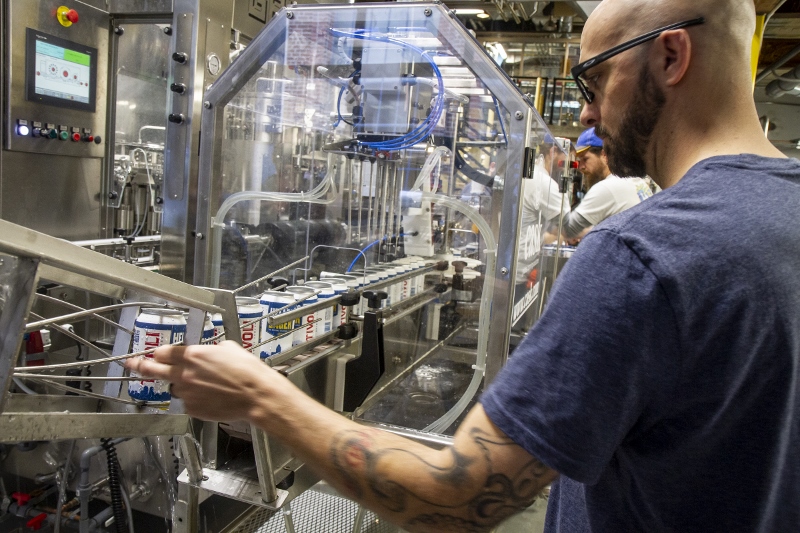
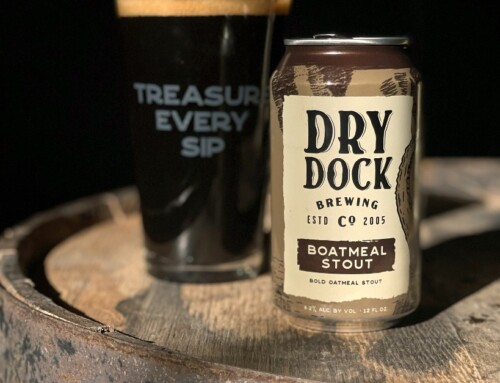

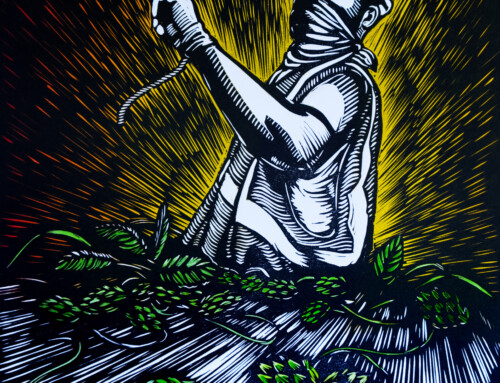
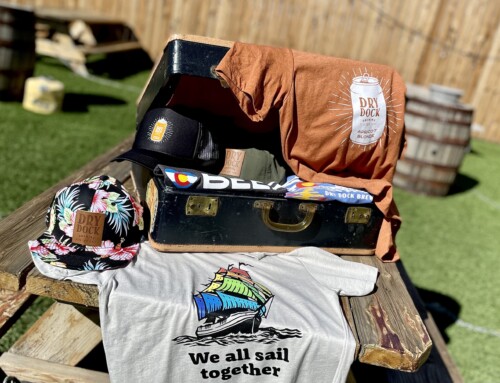
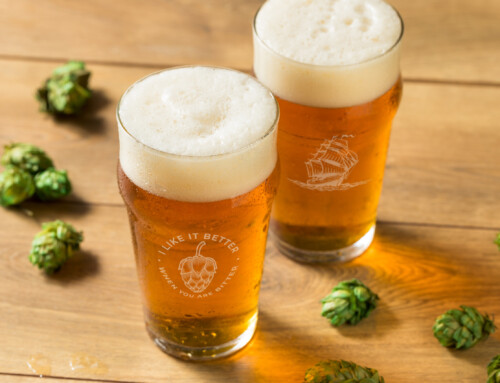
Leave A Comment